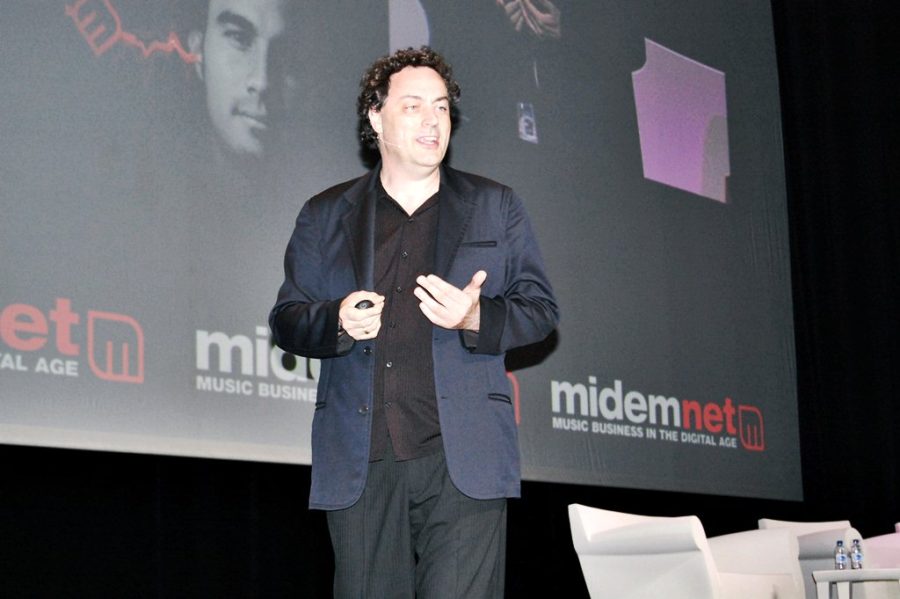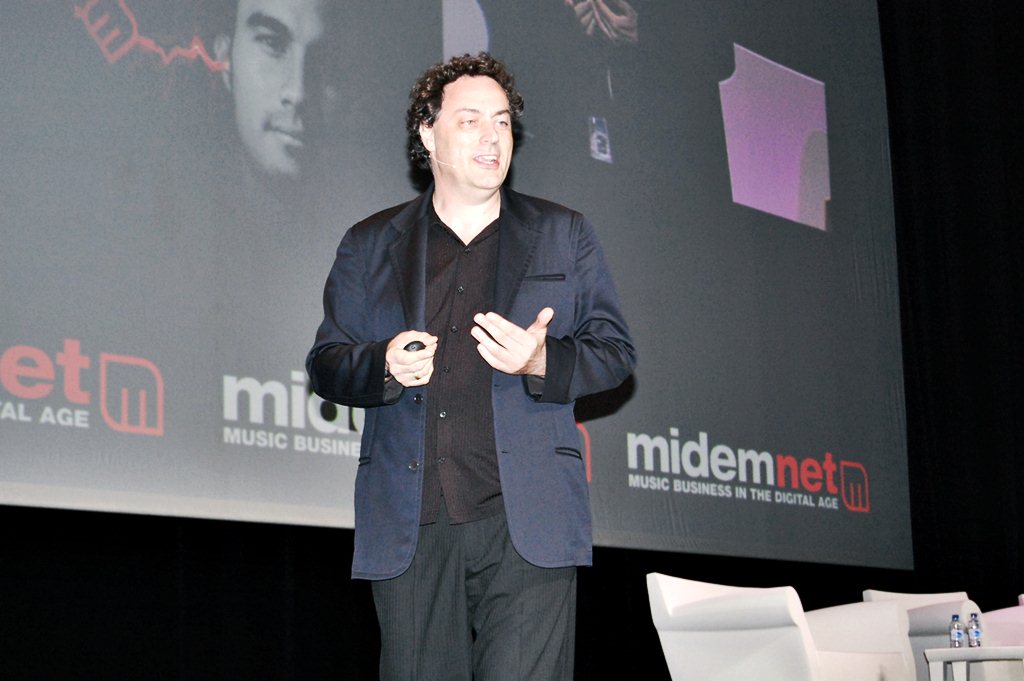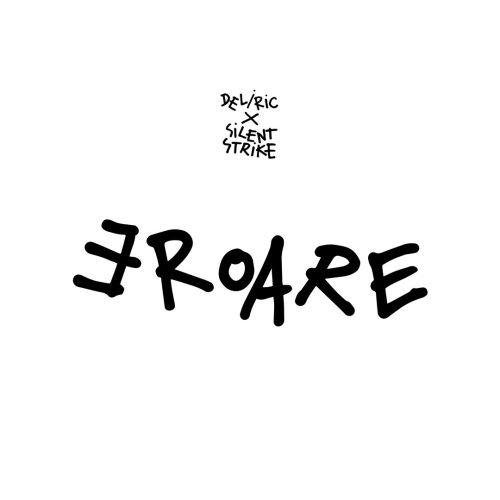Pe Gerd Leonhard l-am cunoscut in 2009 la Cannes, in cadrul MIDEM, cand am avut ocazia sa stau de vorba cu el despre importanta blogurilor de muzica (considerate casele de discuri ale viitorului)… Este unul din oamenii de care iti doresti sa fi aflat cat mai devreme: renumit media futurist, in 2005 a publicat una din cartile mele favorite – „The Future of Music – Manifesto for the digital music revolution” – considerata de multi biblia industriei muzicale, am tot citit-o si recitit-o in ultimii ani. La sfarsitul acestui articol gasiti o scurta biografie a sa, in caz ca sunteti interesati sa aflati mai multe.
Ieri a publicat pe blogul sau un material video de 30 de minute, o prezentare despre monetizarea continutului digital. Daca va pasioneaza subiectul, sunt sigura ca jumatatea de ora va trece rapid:
Despre Gerd Leonhard:
Media Futurist, and CEO of The Futures Agency. Keynote Speaker, Think-Tank Leader, Futurist, Author & Strategist, Idea Curator, Occasional Heretic, CEO TheFuturesAgency, Visiting Professor FDC Brazil
The WSJ calls Gerd ‘one of the leading Media Futurists in the World’. He is the Co-author of the influential book ‘The Future of Music’ (Berklee Press, 2005), as well as the author of ‘The End of Control’ (2007), ‘Music 2.0’ (2008), and ‘Friction is Fiction‘ (2009, Lulu Publishing). Gerd’s background is in the music business; in 1985 he won Berklee College’s ‘Quincy Jones Award’ and subsequently worked 12 years as a professional guitar player, composer and producer. He then spent a decade as digital media entrepreneur and start-up Internet CEO, based in San Francisco. In 2001, Gerd returned to Europe and started his career as a Futurist and Strategic Advisor. He now travels around the globe and speaks at major conferences and business events, company retreats and think-tanks on the Future of Business, Media, Content and Entertainment, Technology,Marketing, Advertising & Branding, Telecommunications, and Culture.
Gerd is considered a leading expert on topics such as new online commerce models, the tele-media economy, social media and social commerce, TV & Radio 2.0, mobile content, innovation, leadership and entrepreneurship, consumer trends, UGC and peer production, copyright, licensing and IPR issues, next-generation advertising, marketing and branding, digital content strategies, and the development of next-generation business models for the content, communications & technology industries.
Gerd’s keynotes, speeches, presentations and think-tanks are renowned for his hard-hitting and provocative yet inspiring, personal and motivational style. With over 850 engagements in 42 countries during the past 8 years, Gerd has addressed over 300.000 executives and professionals, and is considered a key influencer.
His diverse client list includes Nokia, NSN, Amdocs, The Guardian, Google, Sony-BMG, Telkom Indonesia, Siemens, RTL, ITV, the BBC, France Telecom, Orange, Deutsche Telekom, MTN, The Financial Times, DDB / TribalDDB, Ogilvy, Omnicom, the European Commission and many others. Gerd is a fellow of the Royal Society for the Arts (London), a member of the World Future Society, and a visiting professor at the Fundação Dom Cabral in Brazil. A native German, he now resides in Basel, Switzerland.
Poza a fost facuta de mine in urma in ianuarie 2009 @ MIDEM.





1 comentariu. Leave new
Cam greu sa-l contrazici pe nenea Gerd. Din pacate lucrurile se misca suspect de greu pana si-n America; si oricata dreptate are el, industria muzicala se foloseste in continuare de drepturile de autor ca sa inchida sau sa arate pisica furnizorilor de servicii (acum se judeca cu grooveshark).
E clar ca e mai ieftin pentru marii producatori de continut sa plateasca avocati decat sa investeasca in ceva viabil. Si din pacate nu e numai o problema de bani, dar pur si simplu nu vor sa liberalizeze piata culturala, din cel putin doua motive:
Primul este controlul maselor:
– economic: sunt prea bine integrati in sistemul clasic de distributie care e dependent de continut la calitate slaba – si s-a creat un cerc vicios;
– mental: mai ales in vremuri tulburi, restrictionarea accesului si propaganda mascata prin muzica, film, etc, sunt surse importante de influenta/profit din zona politicului.
Al doilea este frica de scenariul pe care un alt domn destept l-a prevazut inca de acum 10 ani (asta sigur se va intampla): http://www.independent.co.uk/news/business/news/disposable-music-is-killing-our-industry-650749.html
Noroc ca venim noi din ‘underground’ cu o alta mentalitate (plus ce se intampla in Asia, de care m-ai facut foarte curios) si sper ca atunci cand va fi momentul punctului de inflexiune, vom genera un val cu efect de bulgare de zapada, care sa nu mai poata fi oprit